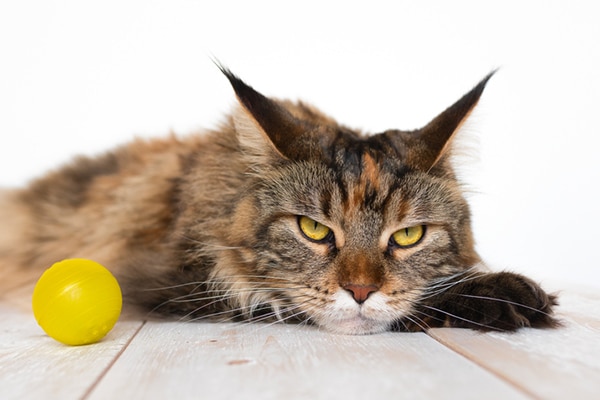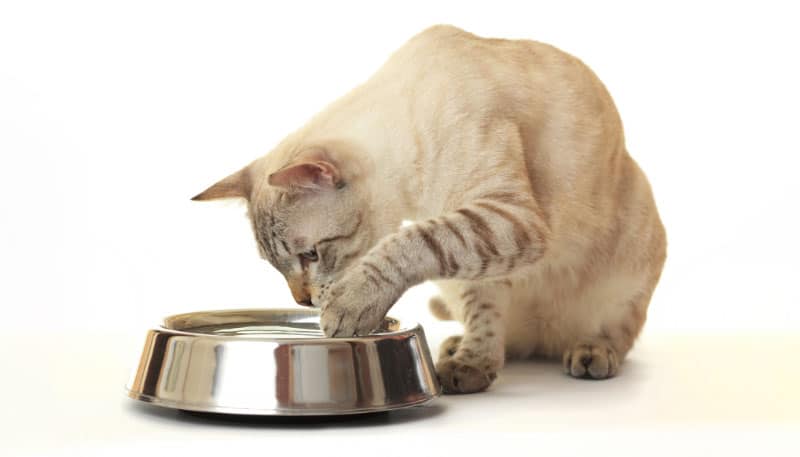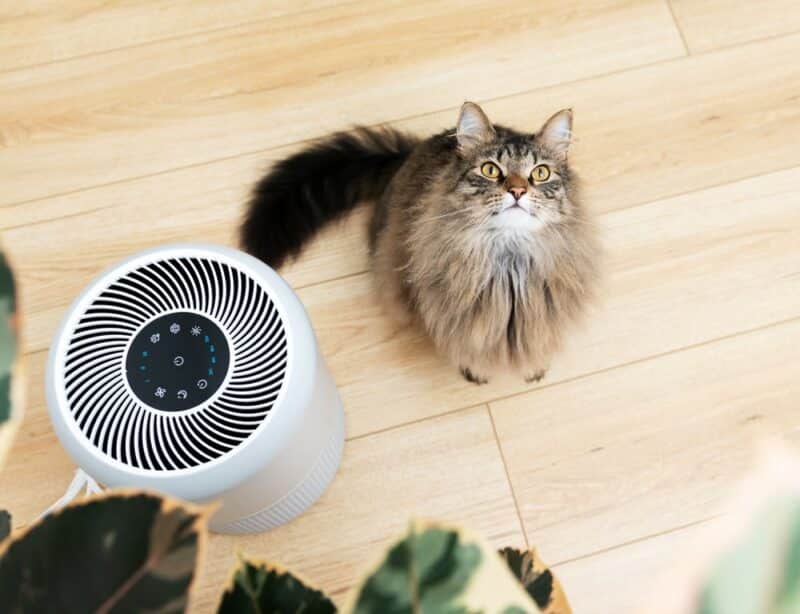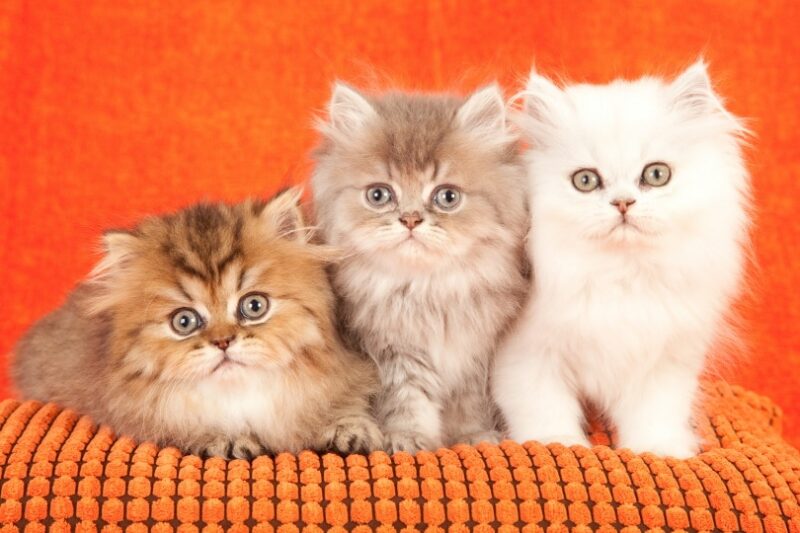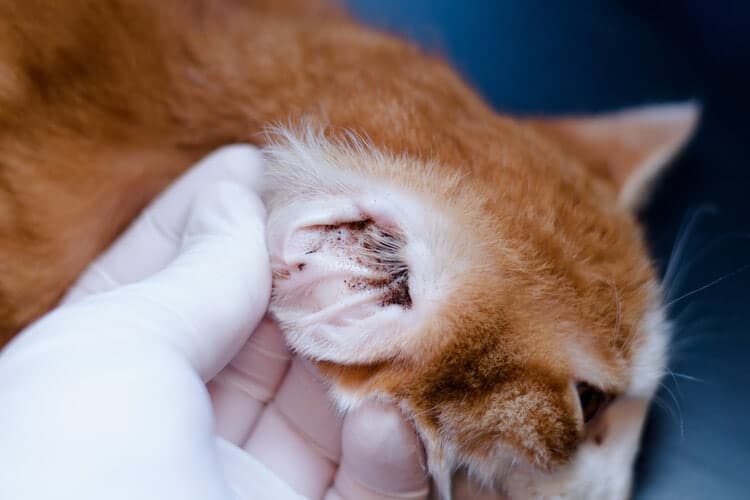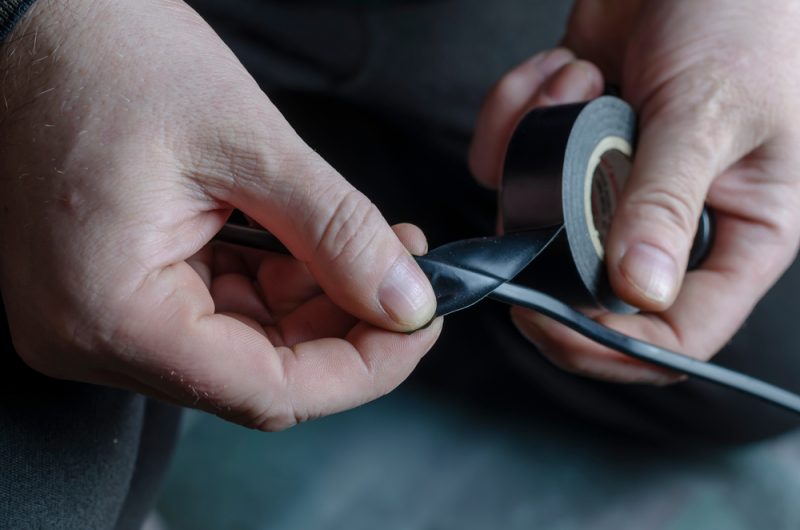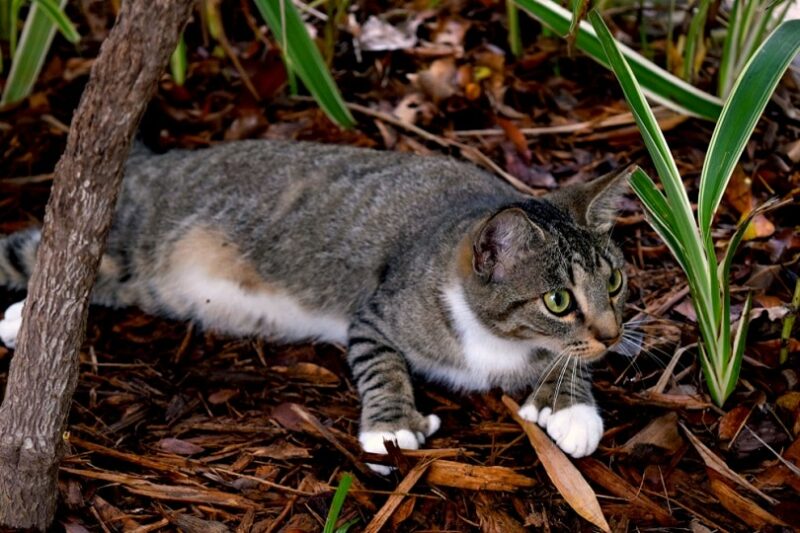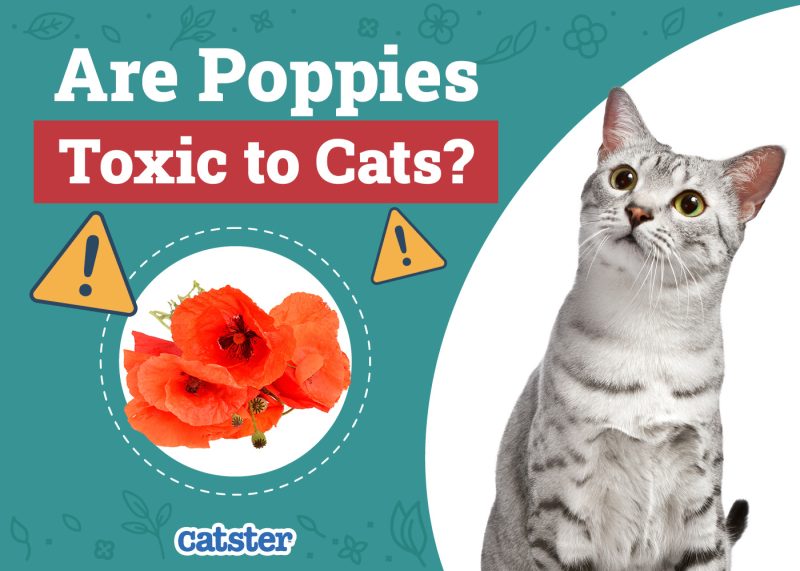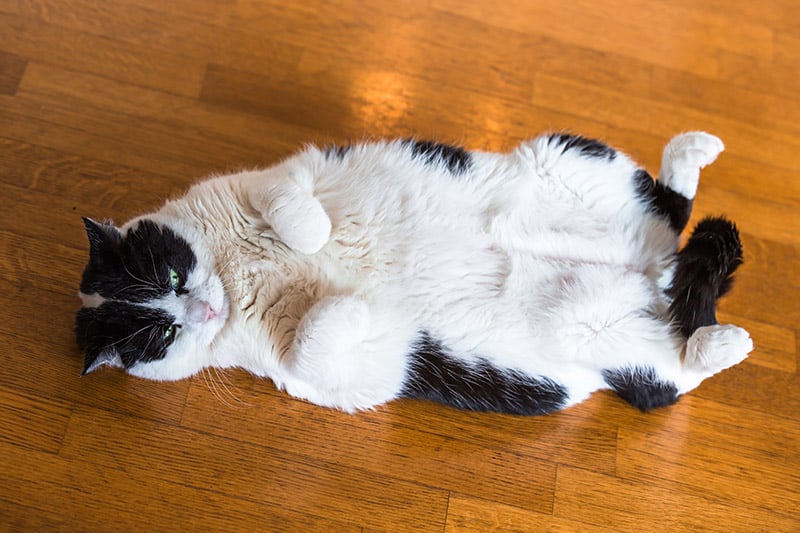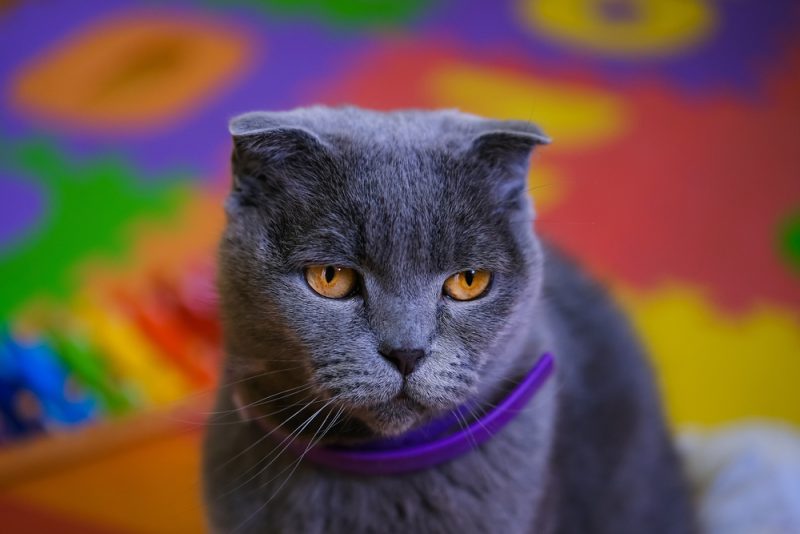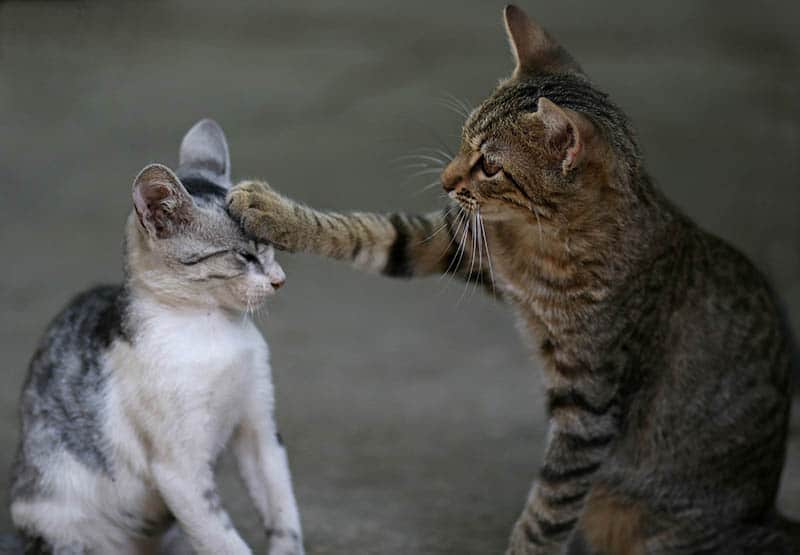Cats can get annoyed just like humans, although they usually express it differently than us. Even the most loving and content feline can experience annoyance. It is one of the many emotions cats can feel.
A cat will show clear signs of annoyance through their body language, behavior, and vocalizations. Learning to spot the signs of an annoyed cat can help you get a better understanding of your feline and their emotion-related behaviors.
Let’s take a look at the signs cats show when they are annoyed and what to avoid doing to them if you notice it.

The 10 Signs a Cat is Annoyed
Many of these signs are also indicative of an angry cat, and an angry cat may lash out without warning
1. Ears Pinned Back
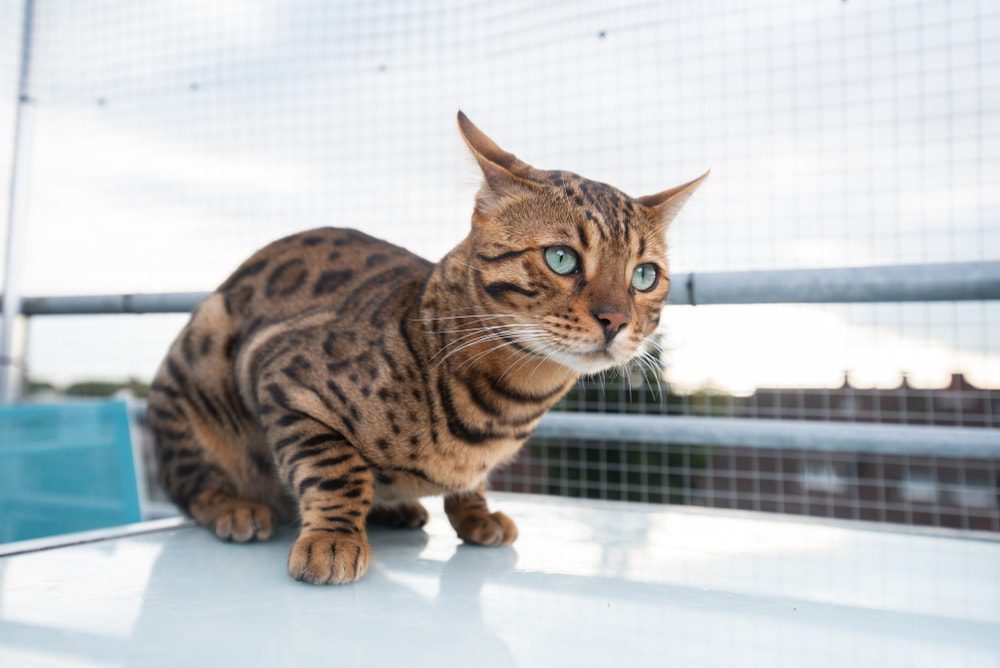
A subtle sign that your cat could be annoyed is if their ears are pinned back against their head. Cats will pin their ears back for other reasons though, such as curiosity or out of fear, and not if they are annoyed. If a cat is annoyed, their ear pinning would probably be accompanied by barred teeth, dilated pupils, hissing, or a hunched posture.
This is your cat’s way of telling you to “back off” and give them space.
2. Scratching or Biting
Annoyed cats will likely scratch or bite, not because they necessarily want to hurt you, but because they are uncomfortable with something. It’s important to distinguish between a cat who is playfully biting you (this isn’t something you should encourage) and one who is doing it out of annoyance.
Many cats will scratch and bite when playing, so it is not always a clear indication your cat is annoyed. If you are petting your cat and they try to move away and start scratching and hissing at you, they are probably annoyed and not trying to play.
You generally want to avoid interacting with the annoyed cat further and give them their space. Not all cats are cuddly and want to be petted for long, and trying to pet an annoyed cat could end up getting you hurt.
3. Vocalizations
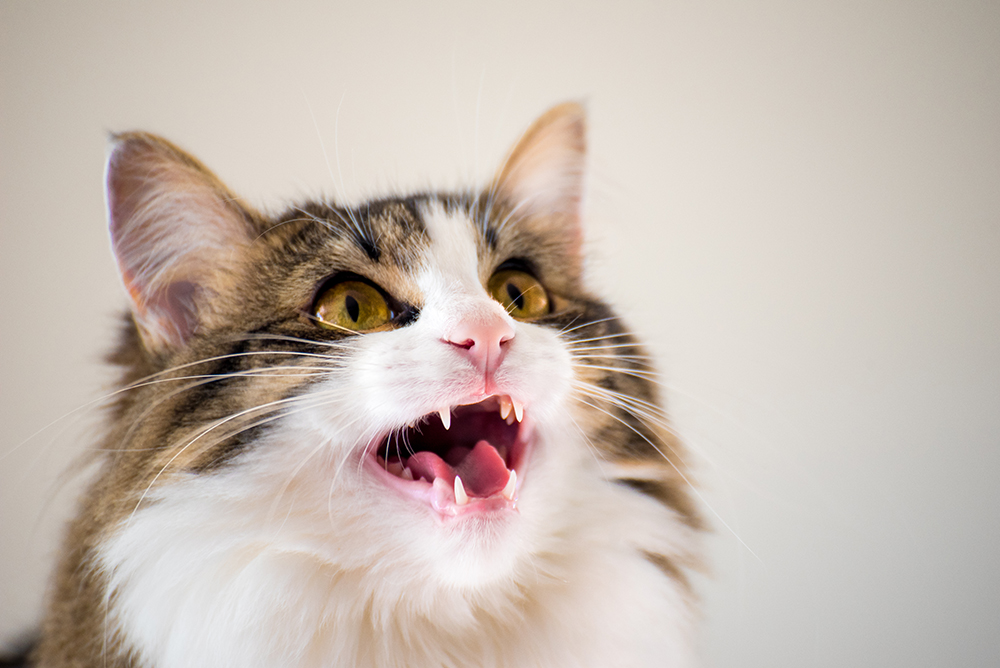
Although they cannot talk, cats make various sounds to communicate how they feel. When a cat is feeling annoyed, they will show this through both vocalizations and body language.
There are specific vocalizations that are commonly recognized by annoyed cats, such as meowing or yowling. Yowls from an angry cat will be drawn out and low-pitched and often given as a warning before they result in biting or scratching. However, cats vocalize for many reasons, and a vocal cat isn’t necessarily an annoyed cat.
4. Hiding or Avoidance
An annoyed cat may want to get away from the person, animal, or situation that is causing them annoyance. If your cat feels unable to get away, they might show signs of aggression or fear. This is instinctive behavior as they want to feel comfortable again and need some space. This would not be a good time to run away from your cat or try to get them out of their hiding space if it isn’t putting them in any danger.
5. Hissing
Cats hiss to give a warning or to communicate annoyance, fear, and anger towards the stressor. Their hissing shows their displeasure with whatever is annoying them and could be followed by aggressive behavior if it is not enough for them to be left alone. A hissing cat will often bare their teeth and show other signs of annoyance through their body language, such as pinned-back ears and bared teeth.
A hiss essentially means, “Back off, right now!” Generally speaking a cat that’s hissing shouldn’t be approached unless absolutely necessary.
6. Moving Away From You
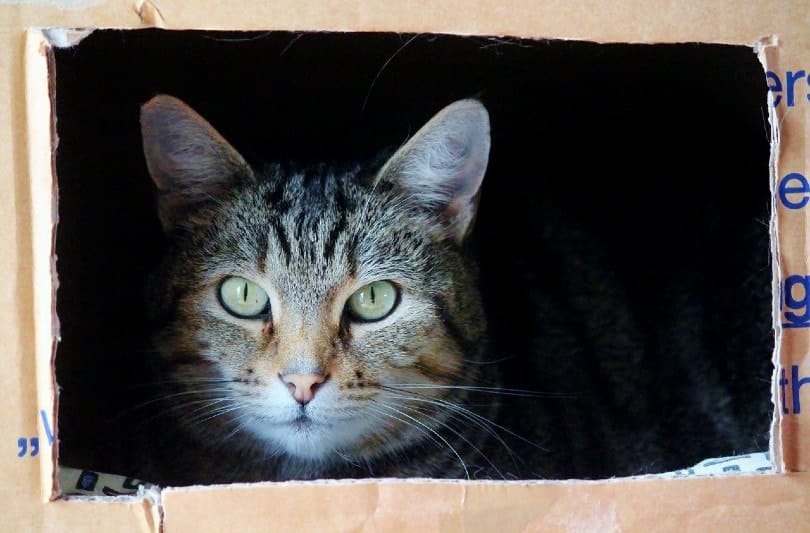
If your cat is feeling annoyed, the last thing they probably want is to be cuddled or petted. They may start shying away from your touch and become irritated if you persistently try to interact with them. This could happen when you are playing with your cat, and they decide they no longer want to. This is your cat’s way of expressing that they want some space and it’s important to respect their decision.
Cats can also become annoyed by other pets in the home, such as another cat or dog. If that pet has annoyed your cat or they just feel annoyed in general, they might try to move away from any potential interaction.
7. Raised Fur
When a cat’s fight-or-flight response is activated, it is normal for their fur to become puffy. This is known as “piloerection” and is caused by the muscles at the base of their hair follicles contracting. A cat with raised fur shows clear signs of distress, so it can be linked with annoyance. You may notice other signs alongside their raised fur, such as pinned ears, an arched back, or hissing.
8. Arched Back
Cats may arch their backs for several reasons, and one of them is to show annoyance or in response to something they find unpleasurable or anything they perceive as a threat. An arched back makes a cat appear larger and makes them seem intimidating. However, cats may arch their backs when feeling playful or while stretching. You shouldn’t rely on your cat’s arched back as the sole indication that they are annoyed.
Annoyed cats may arch their backs to intimidate the person or animals annoying them as a warning.
9. Swishing, Puffy Tail
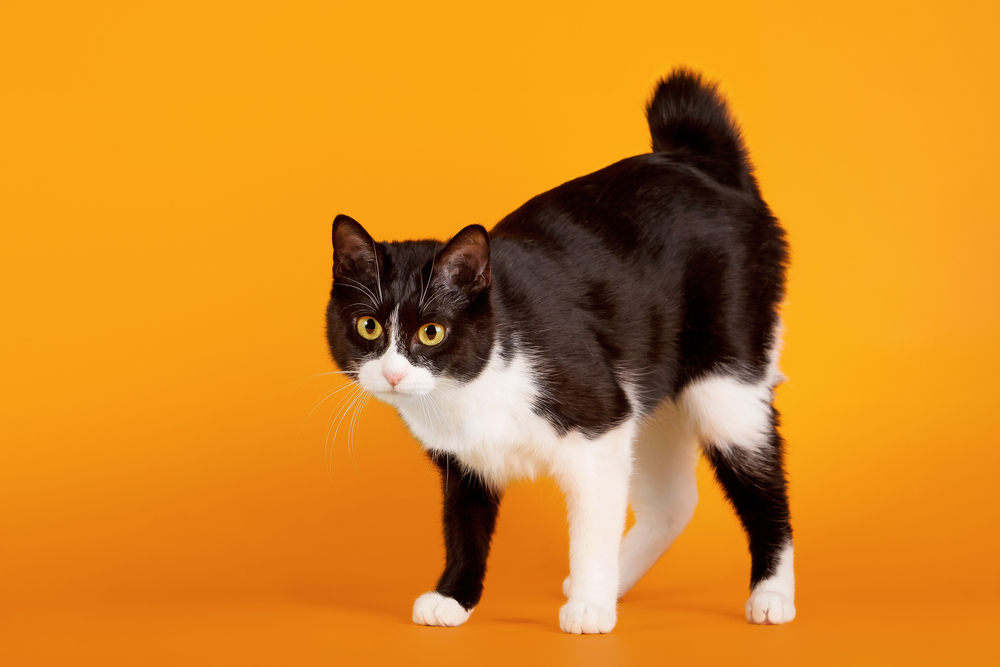
A cat’s tail movement and appearance can give you insight into how they are feeling. An annoyed cat will start slowly twitching their tail back and forth, usually low to the ground. Their tail might appear puffy like the rest of their body during piloerection. This could be followed by vocalizations and other signs of annoyance like an arched back.
10. Constricted Pupils
Annoyed cats may give what is known as the “death stare” to their owners. This is usually shown by their constricted pupils and pinned-back ears that clearly express their displeasure. However, annoyed cats can have constricted or dilated pupils. Keep in mind that it is normal for cat pupils to change size in response to lighting changes, and not only because they feel annoyed or have other heightened emotions.

What to Avoid When Dealing With an Annoyed Cat
There are three main things to avoid when dealing with an annoyed cat.
| Punishment: |
You want to avoid punishing or shouting at an annoyed cat. Cats should never be reprimanded for expressing their emotions, even if they are negative ones. We should learn to read and understand our cat’s body language, behaviors, and vocalizations so that we can monitor how they are feeling and act accordingly.
|
| Aggravation: |
It is never a good idea to aggravate an annoyed cat, as it could get you bitten or scratched. Most cats will show signs of annoyance through vocalizations and body language before they result in aggressive behavior. However, not everyone is good at reading their cat’s body language or understanding what it means. You do not want to make the situation worse by purposefully getting your cat more annoyed and “worked up.”
|
| Invading their space: |
If your annoyed cat is hiding or trying to get away from you, it’s important to give them their space and not invade it. Otherwise, you could end up making your cat feel unsafe and even more annoyed.
|

Conclusion
Cats often display multiple signs of annoyance mentioned in this article rather than only one. Their body language and vocalizations can also be used to display various emotions, which is why many cat owners struggle to understand exactly how their feline feels. This makes it essential to try and gauge the context behind your cat’s body language so you can understand them better.
Featured Image Credit: ollegN, Thinkstock
